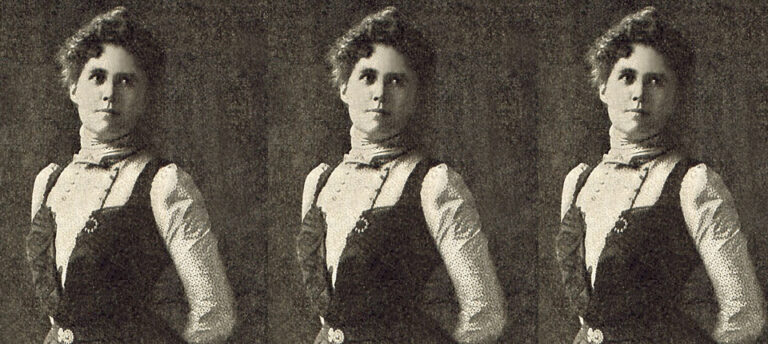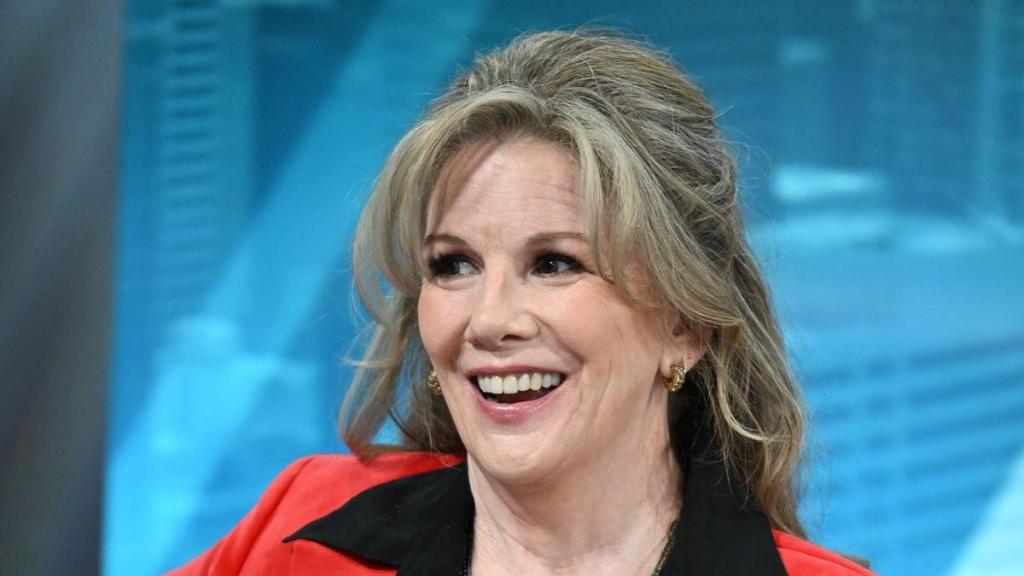Urgent Developments in Literature: Insights from Lit Hub This Week

UPDATE: This week’s Lit Hub features groundbreaking insights into literature and cultural movements that are shaping our understanding of the world today. Notably, today marks the anniversary of the death of Helen Churchill Candee, a writer and RMS Titanic survivor, who passed away in 1949. Her legacy continues to resonate in contemporary discussions about empowerment and human agency.
In an urgent exploration of environmental themes, director Paul Schrader’s film First Reformed is highlighted for its transcendental style, helping audiences grapple with an increasingly dire climate future. This reflection is particularly timely as climate catastrophes become ever more pressing, pushing literature and film to confront these realities.
Also making waves this week, Octavia Butler’s early works are dissected for their profound insights into her evolution as a literary icon. The significance of her contributions is underscored by Priyamvada Ramkumar, who emphasizes the importance of bringing Jeyamohan’s Stories of the True to English-speaking readers, enhancing cross-cultural dialogue.
In a powerful conversation, Chris Smalls discusses the solidarity between Palestinian struggles and American labor movements, revealing his experiences during his time in an Israeli prison. His reflections are a stark reminder of the ongoing global struggles for justice and equality.
In the realm of literary criticism, Charlie Jane Anders articulates the substantial impact of A.S. Byatt’s Possession on the dark academia genre, showcasing how pivotal works continue to influence new narratives.
As we delve deeper into contemporary literature, Karim Kattan highlights the haunting themes of Palestinian literature, portraying the “recurring nightmare” of occupation through the lens of horror. This perspective is crucial as global audiences increasingly seek to understand the complexity of these narratives.
Moreover, Vivian Gornick offers an introspective look at the concept of self-esteem and its mythic grip on individuals, further enriching the discourse on personal and societal challenges.
In an intriguing cultural moment, Harley Rustad investigates a mysterious fast food whodunnit, while Wikipedia editors clash with the site’s founder over AI usage—an ongoing debate that impacts how knowledge is curated and shared in the digital age.
This week’s Lit Hub also includes vital discussions on a range of topics, including:
– The role of language as a destabilizing force in society.
– Reflections on Hiroshima’s 80th anniversary.
– The significance of past literary works in the context of rising global fascism.
As these stories unfold, they remind us of the interconnectedness of literature, culture, and activism. The narratives explored this week resonate with urgency and relevance, compelling readers to engage with their implications.
WHAT’S NEXT: Keep an eye on these evolving discussions as Lit Hub continues to explore the intersections of literature, history, and contemporary societal issues. Engage with these critical conversations on social media and share your thoughts on how literature can inspire change in today’s world.
Stay tuned for more insights and updates as these narratives develop further.






